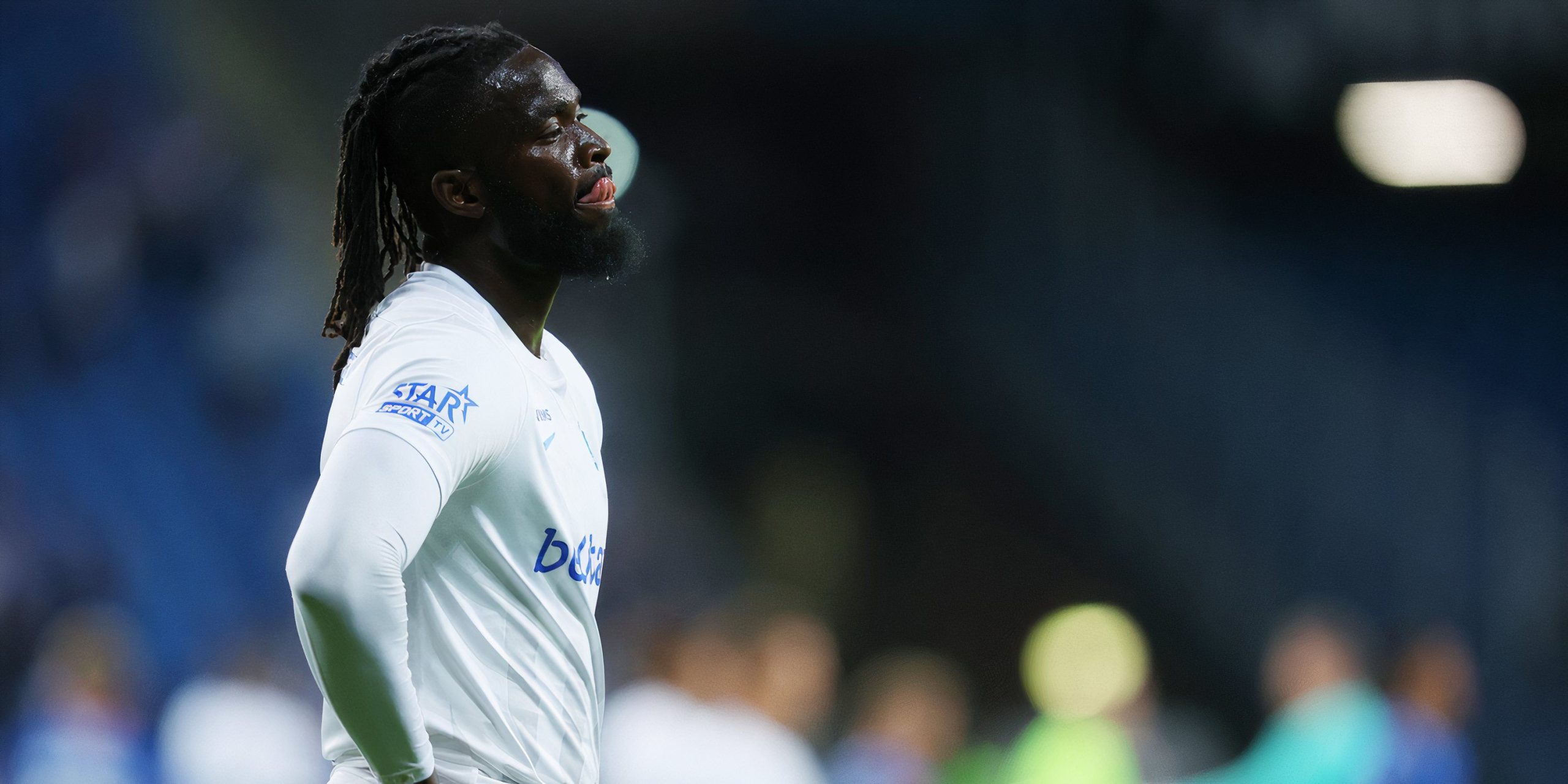Wolverhampton Wanderers’ 2024/25 Premier League campaign has been defined by frustration and disappointment.
Five games in, they are rooted to the bottom of the table with zero points and a goal difference of -9.
Their attack has looked blunt, generating one of the lowest expected goals (xG) figures in the division – only Aston Villa, Burnley, and Leeds rank worse.
This stands in stark contrast to their Carabao Cup outings, where they have shown flashes of potential.
They beat West Ham in the second round with a convincing display and now have an opportunity to build momentum against Everton in the third round on Wednesday night.
For manager Pereira, this cup tie feels like more than just a fixture; it’s a chance to breathe life into a faltering season.
The departure of Matheus Cunha, who was instrumental last year, has left a void in Wolves’ attacking play.
While the defensive structure under Pereira’s three-at-the-back system has shown glimpses of resilience, the final third remains the glaring weakness.
Upcoming fixtures, including clashes with relegation rivals Sunderland and Burnley after the international break, demand fresh solutions.
Arokodare's difficult start at Wolves
When Wolves signed Tolu Arokodare from Genk for £24 million, there was genuine excitement.
The 24-year-old forward had just finished as the Belgian Pro League’s Golden Boot winner, scoring 21 goals and establishing himself as a dominant aerial threat.
In total, he netted 41 times in 113 appearances for Genk, suggesting he could be the answer to Wolves’ goalscoring problems.
So far, however, the transition has been anything but smooth.
Arokodare has featured twice in the Premier League for a combined 156 minutes, starting against Newcastle and Leeds. While his physical presence is undeniable, his output has underwhelmed.
Against Leeds, he recorded three shots, but only one was on target. His dribbling attempts yielded no success, and although he contested 13 aerial duels, he only won seven, as per Sofascore.
The numbers reflect a player still adjusting to the intensity and pace of English football.
Wolves fans were expecting a ruthless finisher; instead, they’ve seen a forward struggling to impose himself.
Pereira’s persistence with Arokodare has become synonymous with the side’s wider attacking malaise.
At a time when Wolves desperately need sharpness in the final third, he has looked like a work in progress rather than a solution.
How Pereira can get Wolves firing again
The return of Jorgen Strand Larsen could change the equation entirely.
The Norwegian striker has been Wolves’ talisman since arriving from Celta Vigo, having scored 14 league goals on loan.
That tally accounted for 22% of Wolves’ total strikes, a contribution that proved decisive in avoiding relegation last season.
His commitment was underlined this summer when he signed a new deal until 2030 despite Champions League club Newcastle United tabling bids of £50m and £55m.
Strand Larsen has already opened his account for the campaign, scoring twice in the Carabao Cup win over West Ham.
Yet an Achilles injury has sidelined him for the past two league games, leaving Wolves blunt in attack.
Now fit again, his return offers Pereira an ideal chance to reset the forward line.
The ideal partner for him is Jhon Arias, the Colombian winger-forward who joined from Fluminense for £15m.
Arias contributed four goals and 13 assists in Brazil last season, showcasing his ability to both score and create.
His versatility makes him well-suited to Pereira’s 3-5-2 system, where he could play just off Strand Larsen, stretching defences and linking midfield with attack.
Although Arias has only managed 179 league minutes so far, his technical qualities have been clear, having also been hailed for his “relentless” work off the ball by analyst Ben Mattinson.
Matches Played
12
Goals
1
Assists
4
Progressive Carries
48
Progressive Passes
55
He thrives in tight spaces, has the vision to pick progressive passes, and the pace to break lines – elements Wolves sorely lack when Arokodare leads the line.
If given a run of games, Arias could replicate the kind of strike partnerships Wolves have historically relied upon in Derek Dougan and John Richards.
Everton in the League Cup provides the perfect stage to test this combination.
Strand Larsen’s presence guarantees a focal point, while Arias’ creativity and movement would add unpredictability.
Together, they could finally give Wolves the attacking structure to match the defensive solidity that has, at times, looked promising.
